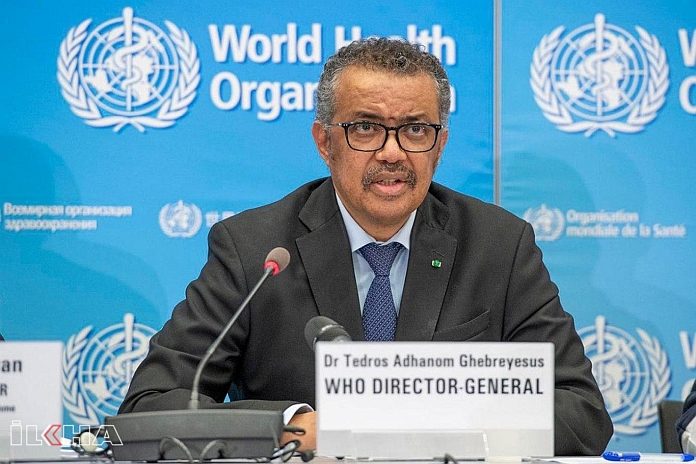GENEVA, Switzerland — Nearly six months after the new coronavirus first emerged, the COVID-19 pandemic is “not even close to being over”, the head of the World Health Organization (WHO) warned on Monday, Speaking on the eve of the grim milestone, Tedros Adhanom Ghebreyesus called for renewed global commitment to save lives as cases surpass 10 million worldwide, with 500,000 deaths, as the virus continues to spread.
“We all want this to be over. We all want to get on with our lives. But the hard reality is: this is not even close to being over”, he told journalists. “Although many countries have made some progress, globally the pandemic is actually speeding up. We’re all in this together, and we’re all in this for the long haul.”
‘The new normal’
WHO has published an updated timeline on its actions since 31 December 2019, which is when it first learned about a cluster of cases of “pneumonia of unknown cause” in Wuhan, China.
That response includes educating health workers through online portals, transporting planeloads of tests and protective equipment to health workers in developing countries, and launching a “solidarity trial” to find medicines to defeat the virus.
Going forward, Ghebreyesus said the UN agency will continue to serve countries with science, solidarity and solutions, repeating a phrase he has used throughout the pandemic.
“The critical question that all countries will face in the coming months is how to live with this virus”, he said. “That is the new normal.”
Five ways to save lives
Ghebreyesus underlined five priorities countries must focus on how to save lives. They include empowering people to protect themselves through physical distancing and other public health measures, but also through sharing reliable information about COVID-19.
Governments must continue to work to suppress virus transmission, ensuring tracing and quarantining of contacts. They must also prioritize early identification and clinical care, paying particular attention to high-risk groups such as the elderly and those living in long-term care facilities.
As there is still much to learn about the new coronavirus, Ghebreyesus emphasized the need for accelerated research.
Re-evaluating priorities
WHO is convening a meeting this week to assess progress and re-evaluate research priorities for the next stage of the pandemic. Later, responding to a journalist’s question, he said the agency also plans to dispatch a team to China next week ahead of a meeting on the zoonotic source of the virus.
The UN’s top health official, a former parliamentarian and Ethiopian foreign affairs minister, also underlined the role of political leadership during the pandemic.
“As we have said repeatedly, national unity and global solidarity are essential to implementing a comprehensive strategy to suppress transmission, save lives and minimize the social and economic impact of the virus”, he stated.







